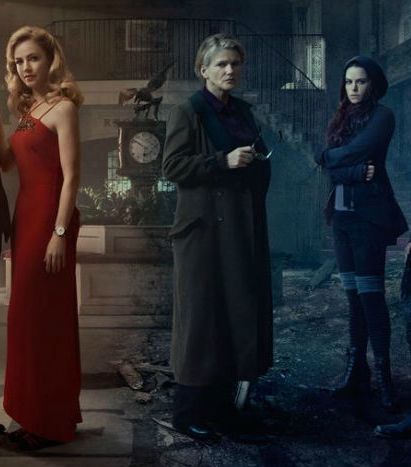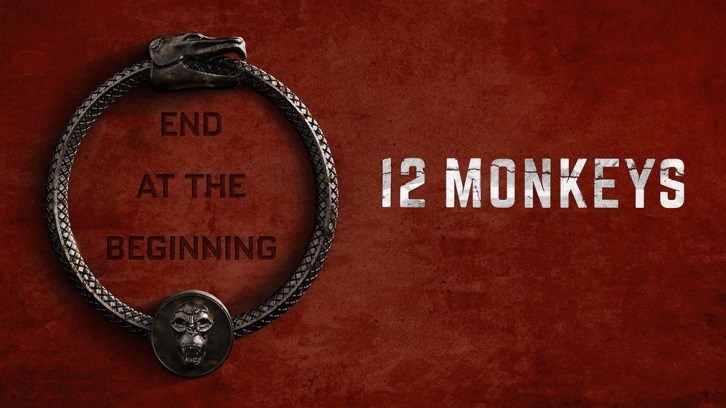Thoughts While Watching Twelve Monkeys, the TV Series, in 2020, Part II of IX
The first glimpse of the fictional pandemic and its affects come to us from the future. Twenty-five years have passed since the virus had spread, effectively killing seven billion people, nearly 90% of earth’s population. From the year 2043, scientists piece together what happened from bits and pieces of newspaper or medical records or sound bites. Their science had advanced in a single area—time travel. There was only one goal, and it wasn’t to kill Hitler. In fact, our dear protagonists end up working to save Hitler’s life at one point along the time-stream (I’ll save that punchline for another post!).
With the power to go back in time, the obvious solution was to rewrite history and save seven billion people by eliminating the viral pandemic. With a limited view of history, their investigation narrowed the culpability down to a single person. Scientific logic—kill the person, undo history. That’s the story they presented to Cole, who’s name showed up in a recording discovered at the Center for Disease Control. Cole was not particularly happy with his current state, seeking out a living by stealing scraps of food wherever he and his friend could find them. Accepting the opportunity to undo his present existence was a no-brainer.
What is interesting to me at this point in the show is how little history is preserved and the scant evidence they had by which to paint a picture of the past. While there are still the testimonies of people who experienced the three decades old crisis, there has also been a massive loss of technology. The lead scientist, Protagonist Dr. Jones is an authority on the devastation of the loss. “I was 37 years old when the world died,” she said. It was her efforts that resulted in the creation of a time machine and the insight to choose Cole, the protagonist, for time travel. Her motivation is to reset the world. She is driven by scientific means to cling to the past at the expense of contributing to bettering the present. “Grieving who we were only gets in the way of who we need to become,” she says.
Thirty years is not very long. Many historians work with texts and evidence that originated many centuries in the past. The thing that made three decades seem longer is the severity of the pandemic event. Because of the drastic changes in the universe of the Twelve Monkeys series, the brief history of events was in many ways as much a mystery to the survivors as centuries-old events are to us. Newspaper clippings, website printouts, medical file remnants, and electronic media fragments were incomplete and came from a very different culture. It is striking to consider how much can change in response to a viral pandemic.
Humanity’s priorities had changed drastically. This was reflected in the assumptions the “future world” of the Twelve Monkeys made about records they found. Misplaced presumptions lead them over and over again to the wrong conclusion about who is responsible for the viral pandemic. Chasing the guilty party is a long-standing plot point in the series. Don’t get me wrong, it doesn’t grow old. In fact, there are just enough twists and turns to keep you up for just-one-more after your bedtime alert gives its warning.
Twelve Monkeys is currently streaming on Hulu.

Dr. Erica Mongé-Greer, holding a PhD in Divinity from the University of Aberdeen, is a distinguished researcher and educator specializing in Biblical Ethics, Mythopoeia, and Resistance Theory. Her work focuses on justice in ancient religious texts, notably reinterpreting Psalm 82’s ethics in the Hebrew Bible, with her findings currently under peer review.
In addition to her academic research, Dr. Mongé-Greer is an experienced University instructor, having taught various biblical studies courses. Her teaching philosophy integrates theoretical discussions with practical insights, promoting an inclusive and dynamic learning environment.
Her ongoing projects include a book on religious themes in the series Battlestar Galactica and further research in biblical ethics, showcasing her dedication to interdisciplinary studies that blend religion with contemporary issues.




